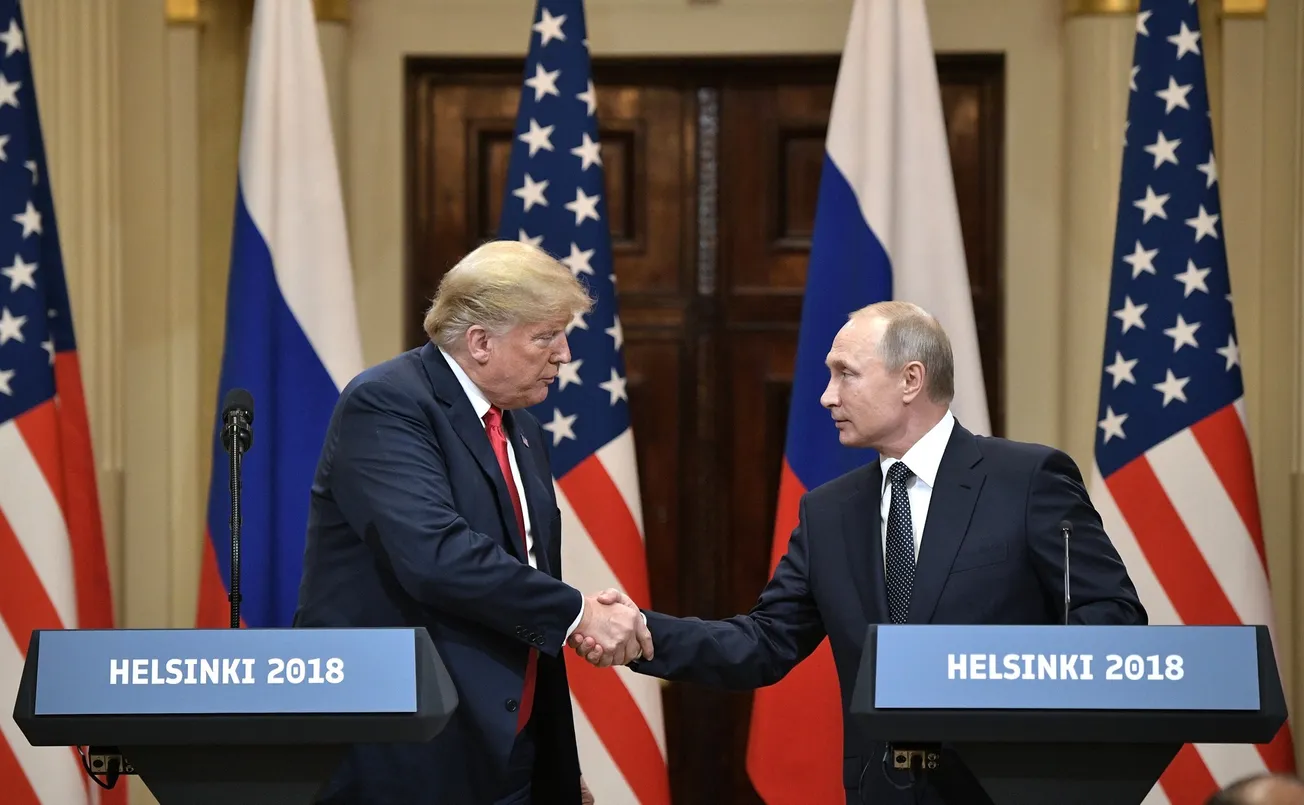Table of Contents
After 2.5 years and tens of millions of dollars, the Mueller investigation has finally come to an end. Attorney General William Barr composed a four-page summary of the 300-page memo which he then sent to Congress. The investigation “employed 19 lawyers, 40 FBI agents, intelligence analysts, forensic accountants, and other professional staff” and “issued more than 2,800 subpoenas, executed nearly 500 search warrants, obtained more than 230 orders for communication records, issued almost 50 orders authorizing use of pen registers, made 13 requests to foreign governments for evidence, and interviewed approximately 500 witnesses.” The report states the investigation “did not establish that members of the Trump Campaign conspired or coordinated with the Russian government in its election interference activities,” ending the widely publicized Russia-gate conspiracy. Barr added that after reviewing the investigation, he and Deputy Attorney General Rob Rosenstein “have concluded that the evidence developed during the Special Counsel’s investigation is not sufficient to establish that the President committed an obstruction-of-justice offense.”
So how did we get here? After two long years of news that President Trump and Putin were best friends and engaged in fun activities such as skewing election results, hacking the DNC, and releasing emails, it got to the point where I fully expected a damning report. The Russia-gate collusion tale had everything the media could ever want: an enthralling storyline, a dramatic and profoundly unlikeable cast (see HBO’s Succession), an abominable President Trump as the star of the show. America’s top-tier journalists fumbled the story from the opening curtain through its final scene.
All that is left are a plethora of questions about how journalists got this story so wrong for such a long time. From the media heavy-hitters such as CNN, New York Times, and the Washington Post to your everyday opinion bloggers, everyone wanted a piece of the Trump/Russia collusion story. These media outlets spent nearly three years promoting false conspiracies and barring dissenters from their networks.
How about some media highlights: The New York Times and Washington Post received a Pulitzer Prize in 2017 “for deeply sourced, relentlessly reported coverage in the public interest that dramatically furthered the nation’s understanding of Russian interference in the 2016 presidential election and its connections to the Trump campaign, the President-elect’s transition team, and his eventual administration.” In 2017, CNN released a WikiLeaks story regarding Donald Trump Jr. receiving information about leaked emails days in advance, signaling Trump/Russia collusion, only they misreported the dates and Trump Jr. received the information days after it went public. CNN has yet to explain why it failed to do basic due diligence on the story. In 2018, CNN published a story that Michael Cohen was ready to tell Mueller that President Trump knew in advance about the 2016 Trump Tower meeting between campaign officials and a Russian operative. However, there were two major problems with this story: CNN blatantly lied when they claimed “contacted by CNN, one of Cohen’s attorneys, Lanny Davis, declined to comment,” when in reality he was one of the primary sources. Davis went on to confess that this information was false and he regretted lying about his involvement. CNN has yet to retract the story. Similar mistakes have been made over the last few months as seen in the media coverage of Jussie Smollett allegedly fabricating a hate crime, sexual assault claims against Justice Brett Kavanaugh, and the Covington Catholic high-schoolers at the March for Life.
Whether the media likes it or not, the publication of Barr’s letter summarizing the Mueller report lifted an astronomical weight off of America’s shoulders. No longer do Americans have to defend against outlandish claims that our President is a Russian asset. The report also allows President Trump a golden opportunity to pivot to issues that will decide swing-voters in 2020 and put the Russian collusion hoax behind him. For years now I have despised President Trump’s rhetoric towards the media as “enemy of the people” and “fake news.” The Stalinesque vernacular undermines the media’s watchdog responsibilities. Though varying levels of guilt between the media and President Trump, the media whiffed on the story and provided clear evidence for the "fake news" charges.
Journalism needs to return to reporting the truth. That is easy to say, yet harder to swallow as the truth is a complex entity in itself. Truth does not care about admiration or fanfare and is usually accompanied by the meticulous aridity that very few find entertaining. The media has made a deal with the devil exchanging the truth for an outlandish narrative bent on taking down President Trump and as Ralph Waldo Emerson said, “When you strike at the king, you must kill him.”
As I see it, President Trump’s only offense, aside from his incessant twitter vomit and deplorable treatment of women, was defeating Hillary Clinton. The media’s coverage of Russia-gate was never about protecting democracy or securing our elections. It was about delegitimizing President Trump by pushing a narrative predicated on unsubstantiated claims. If we want to return to journalism, we need to return to telling the truth. This return to truth requires humility and the willingness to take a step back and acknowledge that we need facts and corroborating evidence before passing judgment. I hope we will learn our lesson for the next election and not allow media to give a speck of validity to fabricated slanders.









